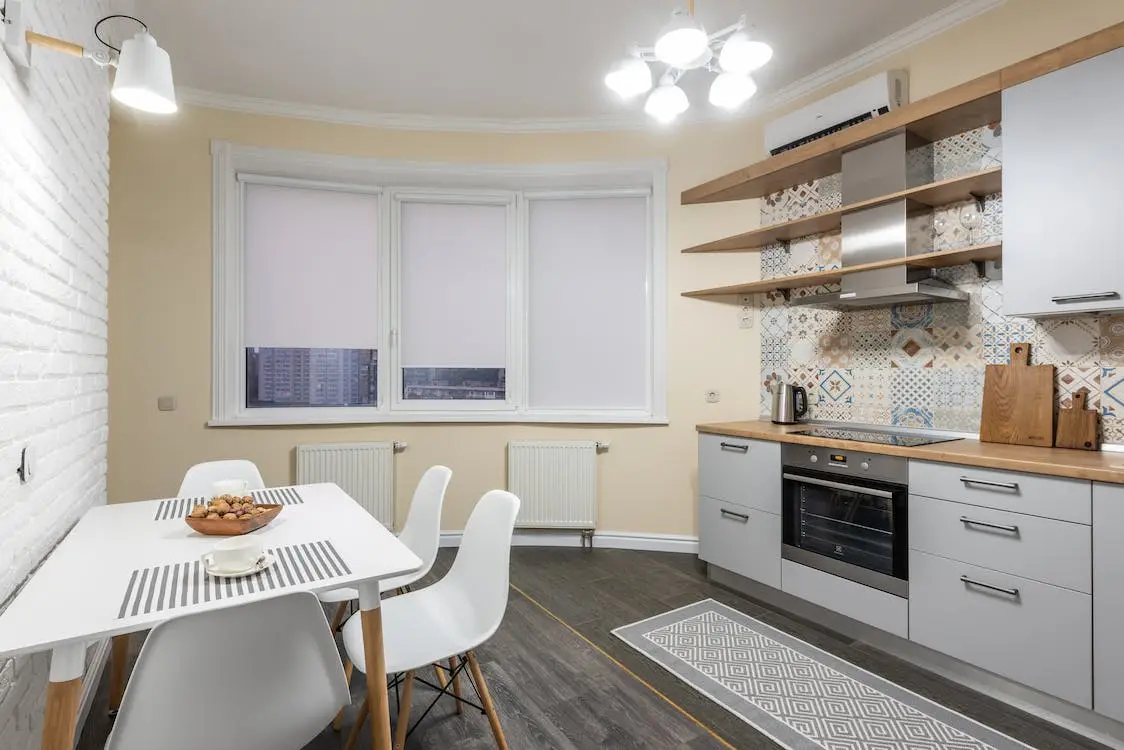Generally, the HVAC system uses the most energy in any home. It pays to keep it running as efficiently as possible. In winter, it uses up at least 42% of the power, while air conditioning accounts for a third of the total consumption. If you find that your HVAC system is using more energy than it should, here are a few possible reasons:
Lack Of Proper Maintenance
HVAC maintenance includes regular filter changes, lubricating moving parts, and troubleshooting. Neglecting these basic tasks puts extra strain on the system, making it work harder and use more energy. Look for experienced HVAC Services in Colorado Springs providers. Let them guide you with the best maintenance practices for your system. Some of the things they will suggest are:
- Cleaning the coils
- Checking and sealing air ducts
- Inspecting the blower
- Lubricating the motor
- General tune-up
Improper Sizing
If your HVAC system is too small or too big for your home, it will work harder than necessary to maintain the desired temperature. This is one of the most common reasons for energy efficiency problems.
An HVAC system that’s too small will run continuously, trying to reach the set temperature. One that’s too big will cool the space quickly but won’t remove enough humidity, leading to the growth of mold and mildew.
Before purchasing any unit, always have a professional do a load calculation of your home to get the right size. They’ll factor in the square footage, insulation, number of windows, and other elements that affect heat gain and loss.
Also consider what kind of air conditioner you might want to select in case you have a room without any windows.
Poor Insulation
Gaps in the doors and windows and cracks in the walls and ceilings allow heat to escape in winter and hot air to get in during summer. It makes the HVAC system work harder, using more energy.
To reduce energy loss and lower your energy bills, have adequate insulation. Check the walls, ceiling, attic, and floors for gaps and seal them using caulk, weather-stripping, or spray foam. If the windows are too old, replace them with energy-efficient ones.
Thermostat Issues
A properly working thermostat is crucial for the efficient operation of your HVAC system. It regulates the temperature, so the system doesn’t work as hard. If it’s not working right, the system will run longer than necessary, using more energy.
To ensure your thermostat is working correctly, have it checked by a professional at least once a year. They’ll calibrate it to read the temperature accurately. Opting for a smart one is even better, as you can control it remotely and make energy-saving adjustments.
Leaking Ducts
A typical home can lose up to 30% of the airflow due to leaks. When there are gaps in the ducts, the conditioned air escapes, making the HVAC system work harder. As a result, it uses more energy and doesn’t cool or heat your home as efficiently.
How do you discover the leaks? You can either do a visual inspection or conduct a pressure test. The latter is more accurate, as it tells you the exact location and size of the leaks. Once you know where they are, seal them using mastic sealant or metal tape.
Obstructed Airflow
When the air ducts are blocked, the system has to work harder to move the air. This not only reduces the efficiency of the system but also causes it to use more energy. The most common culprits are dirt, dust, and debris.
To maintain optimal airflow, regularly clean the air ducts and vents. Do this yourself, or hire a professional HVAC contractor. They have the tools and experience to do a thorough job.
The Effort Reduces Energy Consumption
Understanding your HVAC system and taking good care of it reduces your energy bills. Know the normal sounds it makes and what they mean. If you still have problems with energy efficiency even after proper maintenance and troubleshooting, it might be time for a replacement. Consider energy-efficient models, as they will save you money in the long run.


